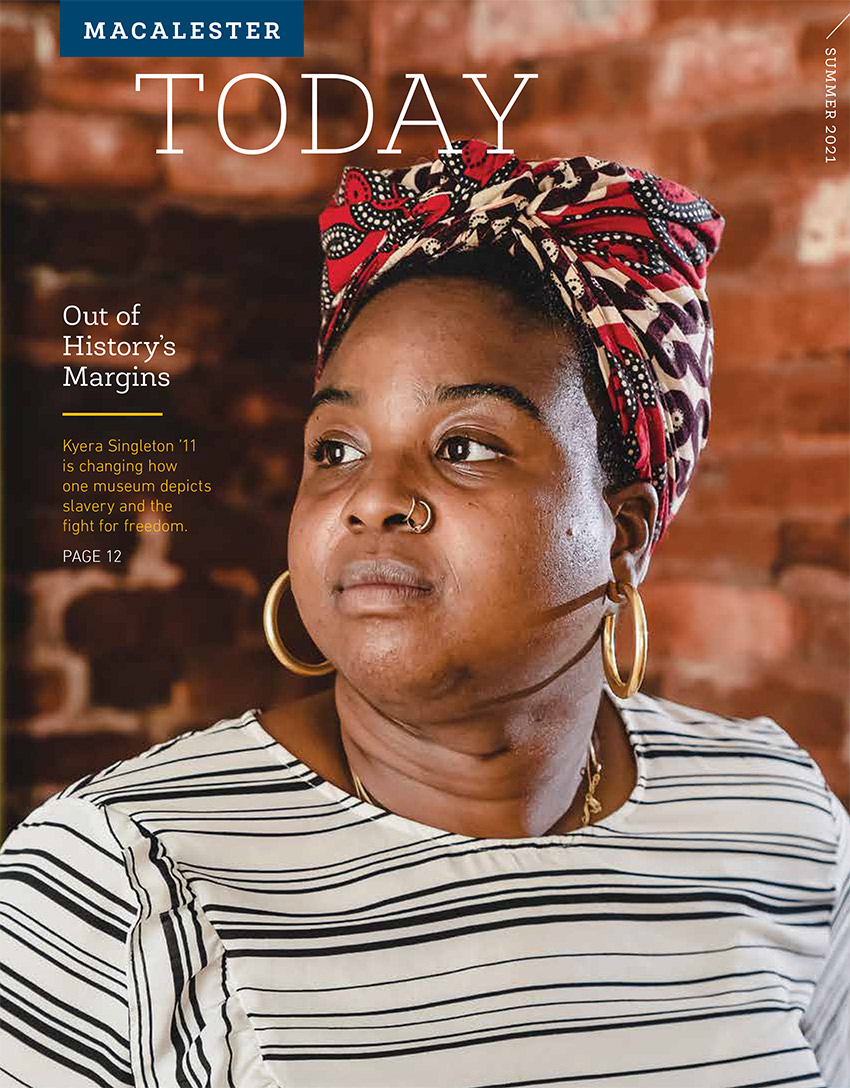
Gülüm Özüstün Williams ’92 spends her workdays focused on large-scale change—and the best practices that will help a company get there. At the global CEO advisory firm Teneo, where she’s the chief administrative officer, Williams is applying proven best practices to help establish the young, fast-growing company as an industry leader.
After majoring in economics and international studies at Macalester, Williams worked in investment banking at Morgan Stanley, then attended Harvard Business School before moving to management consulting at the Boston Consulting Group (BCG). Early on, her path was more predictable through the ranks, but now she seeks out variety. “Every three years or so, I see how I can build on my current role and change it up,” she says. Yet over the course of nearly 30 years, she’s only worked for three companies. We asked Williams to share what she’s learned about embracing opportunity and continuous growth.
Be flexible
At BCG, my responsibilities expanded over time, but my priorities were shifting. I had three children in less than four years, and my work required heavy travel—I reached a point where I needed to find a different role for my personal and professional priorities to co-exist. BCG worked with me to create roles. Now that I’m on the management side, I’m all for that. Obviously, we can’t create jobs where there’s no need, but we need to be flexible. If someone raises their hand and wants to try something new, can we make something work?
Find the opportunity
I had to learn over the years to let go of my predefined expectations of what makes a “good” experience. You’re working on a client project, for example, and you get asked to work in an industry in which you have zero interest—but maybe you’re working with a manager who does team management really well or you are getting deeper expertise in a new business topic. Or maybe you’re going to be traveling heavily, and you can say, “I’m going to learn about doing a good job while being on the road all the time.” Find that piece that will test you in new ways.
Let ideas percolate
I’m a very pragmatic thinker, and I used to bring that approach to brainstorming sessions: “That’s a good idea.” “That’s not a good idea. Here’s how we should do it.” I learned to approach these sessions with a more open mind. I’ve learned to let ideas just percolate. Even if you don’t run with those ideas—even if you know they’re bad ideas—they can still change how you approach a project or problem by showing you a different perspective that may not have occurred to you.
Give immediate feedback
It’s so important to give “just-in-time” feedback right after a big meeting or presentation—to take the time then to say what went well and what didn’t, rather than waiting until your next formal meeting together. Early in my career, a manager told me that I’d start my questions with “Don’t you think,” giving the impression that I had already made up my mind. My manager encouraged me to ask more open-ended questions. It’s simple, but it stuck with me.
Expand who can be a mentor
I’ll hear people in my industry say, “I can’t find a mentor.” But a role model doesn’t need to be one individual. Think about what skills you want to learn, and see which colleagues are strong in each trait. Take 10 percent of one colleague, 20 percent of another, and create your own hybrid role model.
July 26 2021
Back to top





